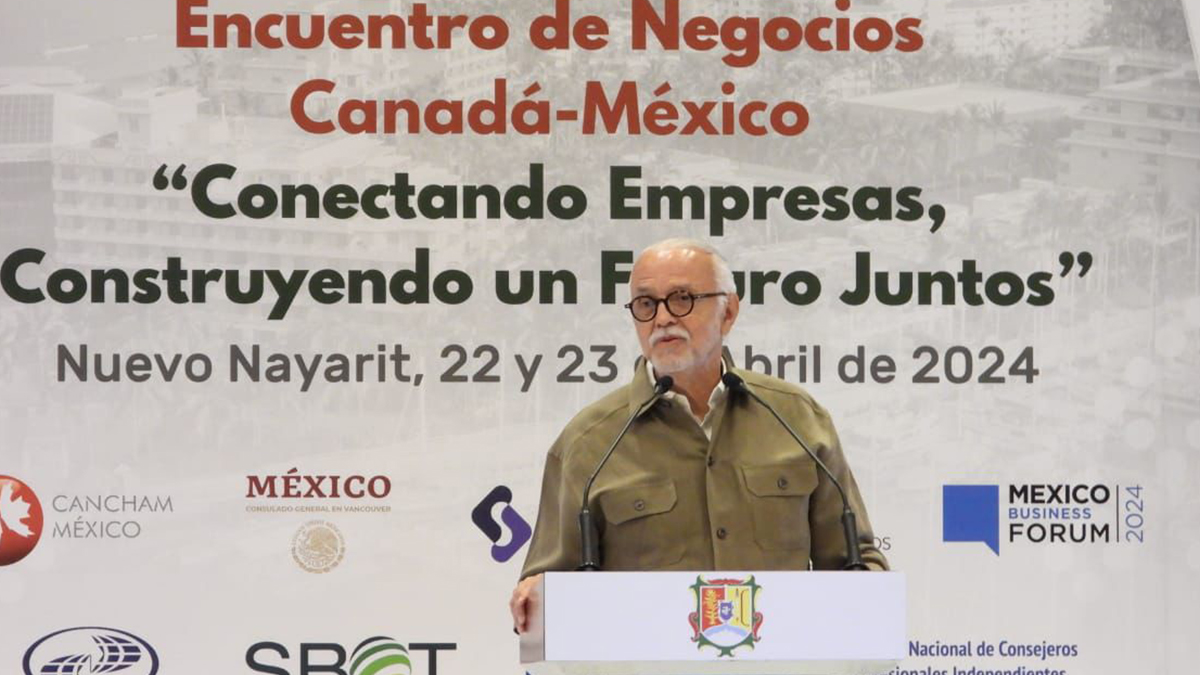The Secretary-General of the Confederation of Workers, Peasants and Employees of Mexico (COCEM) of the State of Mexico, Oscar Moreno Moreno, noted that Unions and companies have until May 1, 2023 to amend or amend their collective bargaining contracts, as set out in the 2019 Labor Reform And that he succumbed to pressure from the United States and Canada to sign the Free Trade Agreement with Mexico (T-MEC), as the business sector was not consulted at the time.
So far, he said, only between 1,500 and 1,800 collective labor contracts have been legalized across the country, less than 5 percent of which correspond to the state of Mexico. “The case was not as fast as we would have liked, there is a platform in the Ministry of Labor and Social Welfare (STyPS) which is responsible for the Labor Center for labor reconciliation and registration of workers, but it has not progressed.”
He said that a year and a half ago it was said that at the national level nearly 650,000 collective labor contracts would be registered in all conciliation boards.But in some cases, the companies have disappeared, they do not exist, and the mentioned contracts have not been canceled, or they are unemployed and there is no activity.
On a conservative account, he said, if only 50 percent of those 650,000, i.e., 300,000 are discussed, Time does not give them legitimacy. Well, from now until May 1, 2023, it takes about 400 days And Their work should be between 700 and 800 per day At the Federal Labor Conciliation Center. “The platform does not give, besides the fact that we have to wait for when the action will be carried out.”
He explained that in the first phase of the reform, only eight entities entered the republic, among them the State of Mexico, and the Federal Center for Labor Conciliation is the person who manages and has the exact number of legal contracts in Mexico. The area, where local conciliation and arbitration boards have ceased to function and will end only with pending proceedings relating to strike calls, solicitations of group contracts, and individual workers’ demands.
Oscar Moreno They said they are obligated to many things that jeopardize the participation of trade union organizations and workers, who play a very important role in decision-making, particularly in their collective bargaining agreements. It is dynamic, he said, forcing them to train and participate more, to make workers aware of their new rights.
“The origin of the reform is the termination of protection contracts, i.e., with those which unions and employers have secretly signed from workers. And those serious organizations that have not yet registered their contract are surely promoting actions because it is not an easy characteristic.”
He concluded that all group contracts have different benefits depending on the economic conditions of the firms.
MMCF





